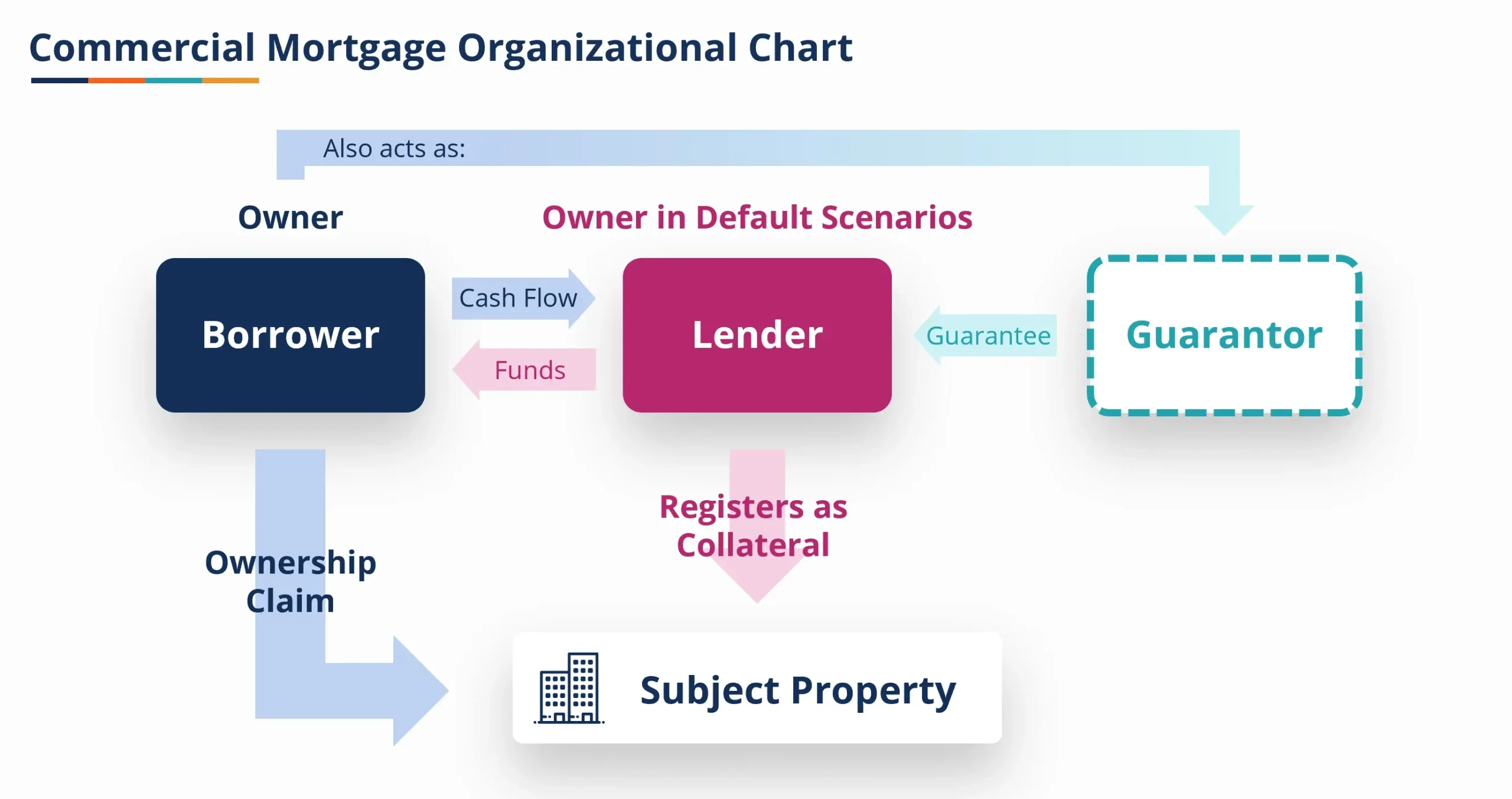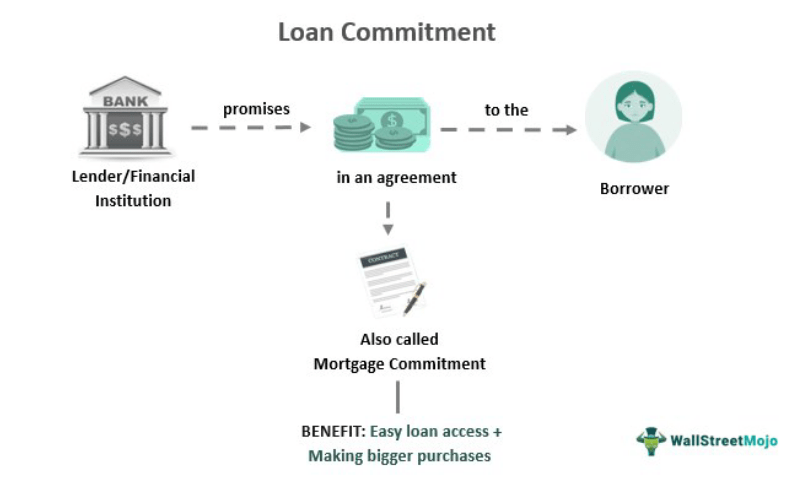Starting a small business is an exciting enterprise, but it often requires noteworthy financial investment. For many entrepreneurs, securing a commercial mortgage is an important step in transforming your business dreams into reality.
Whether you are setting up a shop in a retail building or launching a startup, apprehending the ins and outs of commercial mortgage borrowings can create all the distinctions. This article will provide you with practical advice on successfully navigating this process.
The Importance of Paperwork in Commercial Mortgage Lending
When it comes to taking a commercial mortgage, the paperwork is the king. Lenders need to estimate the risk associated with your loan application, and the only way they can do so is by reviewing your financial documents. What do you need to prepare here:
- Income and expenditure records: These documents provide a clear picture of your business’s financial health. Lenders want to see that your business generates enough revenue to cover mortgage payments.
- Financial Description: Balance sheet, profit and loss details, and cash flow details are required. They help lenders evaluate the profitability and stability of your business.
- Pro Forma Statement: These are estimated financial descriptions that outline the future performance of your business. They demonstrate your ability to repay loans over time.
- Business Plan: A well-designed business plan is perhaps the most important document. This should include your business objectives, market study, operational plan, and financial estimates.
A solid business plan not only assures lenders but also helps you to focus on your objectives. It is non-parasical to present accurate and comprehensive paperwork. The more reliable and wide your documents are, the better the conditions you are in on your commercial mortgage.
Down Payment: A Sign of Commitment
Most commercial mortgage lenders require a down payment, typically around 20% of the loan amount. While this might seem like a significant upfront cost, it serves several purposes:
- Creates confidence with lenders: A down payment suggests that you are financially committed to your business. This assures lenders that you are ready to invest your own money and reduce their alleged risk.
- Improvement in debt conditions: A large down payment may lead to better interest rates and more favorable debt conditions. It also reduces the overall amount you need to borrow, reducing your monthly payment.
- Demonstrates financial stability: Keeping different amounts for down payment indicates that your business is financially stable and is able to manage its finances effectively. If you are unable to make a 20% down payment, do not lose hope.
Some lenders provide programs with low payment requirements but are prepared for high interest rates or additional charges.
Appraisal: Understanding Your Business’s Worth
Before applying for a commercial mortgage, it is a pleasing thought to estimate or guess the value of your business. This step is important for several reasons:
- Determination determines eligibility: Lenders will evaluate how much they are ready to lend to you. The higher the value of your business, the more you can borrow.
- Helps you plan further: Knowing the value of your business allows you to make informed decisions about your loan amount and repayment strategy.
- The reality provides an inquiry: an assessment can help you understand where your business stands financially and identify areas for improvement.
Assess Your Business’s Future
A commercial mortgage is a long-term commitment, so it is necessary to evaluate how the loan will impact your business over time. Consider the following:
- Repayment Capacity: Will your business generate enough revenue to cover monthly payments?
- Growth Potential: How will the loan help your business grow, and what are the expected returns?
- Risk Factors: Are there any potential challenges that could influence your ability to reimburse the loan?
By conducting a thorough analysis, you can confirm that the loan aligns with your company goals and does not strain your finances.
Compare Lending Options
Not all commercial mortgages are made equal. Find the best fit for your business, and take time to compare various lenders and loan programs. Factors to consider include:
- Interest Rates: Lower rates reduce the overall cost of the loan.
- Conditions of the loan: Long conditions may result in low monthly payments but high interest costs.
- Fee: Be aware of the generation fees, assessment fees, and other charges.
- Flexibility: Some lenders provide more flexible repayment options or sewn solutions for small businesses.
Do not hesitate to consult a financial advisor or accountant to evaluate your options and help make an informed decision.
Build a Strong Credit Profile
Your credit score plays a momentous role in the approval process. Lenders use it to reckon with your creditworthiness and determine the interest rate. To improve your chances of approval:
- Pay Bills on Time: Consistent, timely payments demonstrate financial responsibility.
- Reduce Debt: Lowering your debt-to-income ratio can improve your credit score.
- Check Your Credit Report: Ensure there are no errors or inaccuracies that could negatively impact your score.
A strong credit profile not only raises your chances of consent but also helps you secure better loan terms.
Work with Professionals
Steering the commercial mortgage process can be challenging, especially for first-time borrowers. Consider working with professionals such as:
- Financial Advisors: They can provide personalized advice and help you prepare your application.
- Accountants: They can ensure your financial documents are accurate and complete.
- Mortgage Brokers: They can help you discover the best lenders and loan programs for your needs.
Their expertise can save you time, reduce stress, and increase your chances of success.
Final Thoughts
Protecting a commercial mortgage is an important step toward achieving your business goals. By preparing paperwork completely, saving for payment, and comparing borrowing options, you can improve the possibilities of approval and secure favorable conditions. Remember, the key to success lies in a careful plan and reporting for decision-making.

